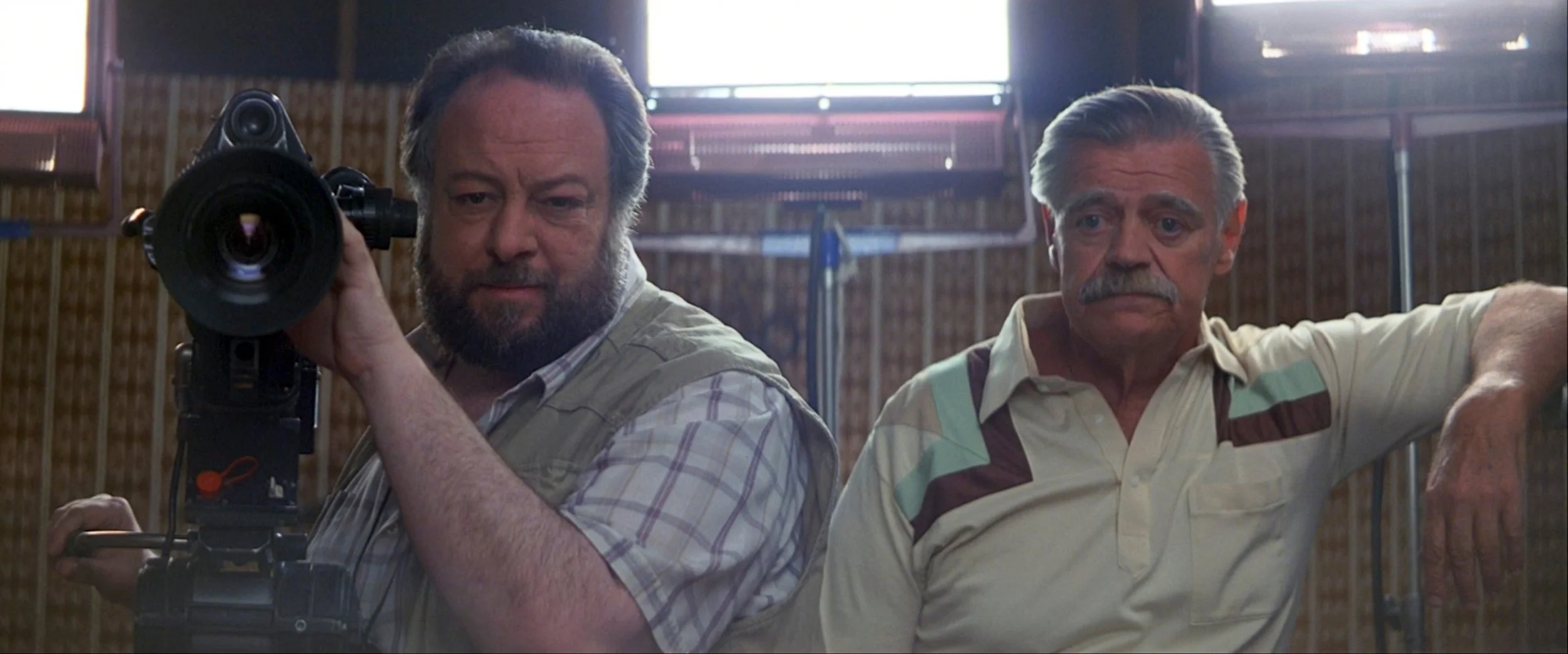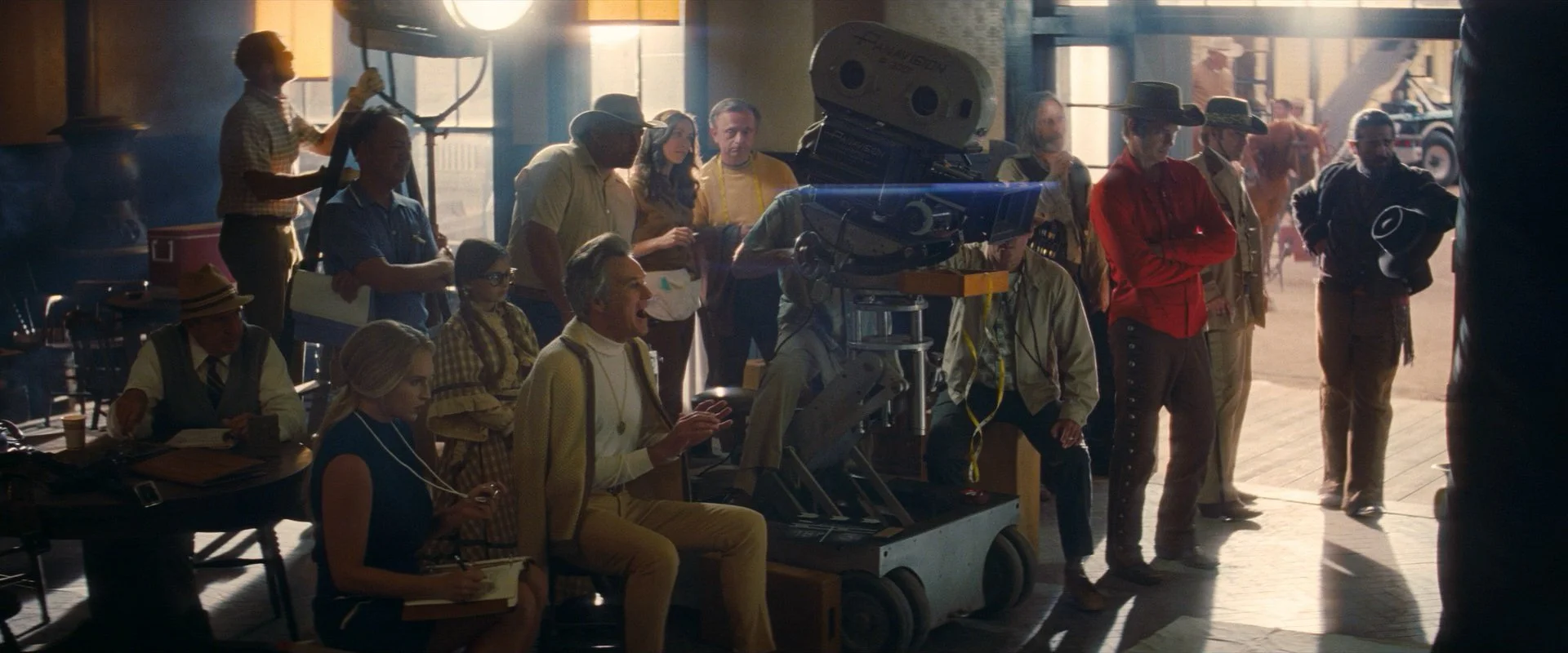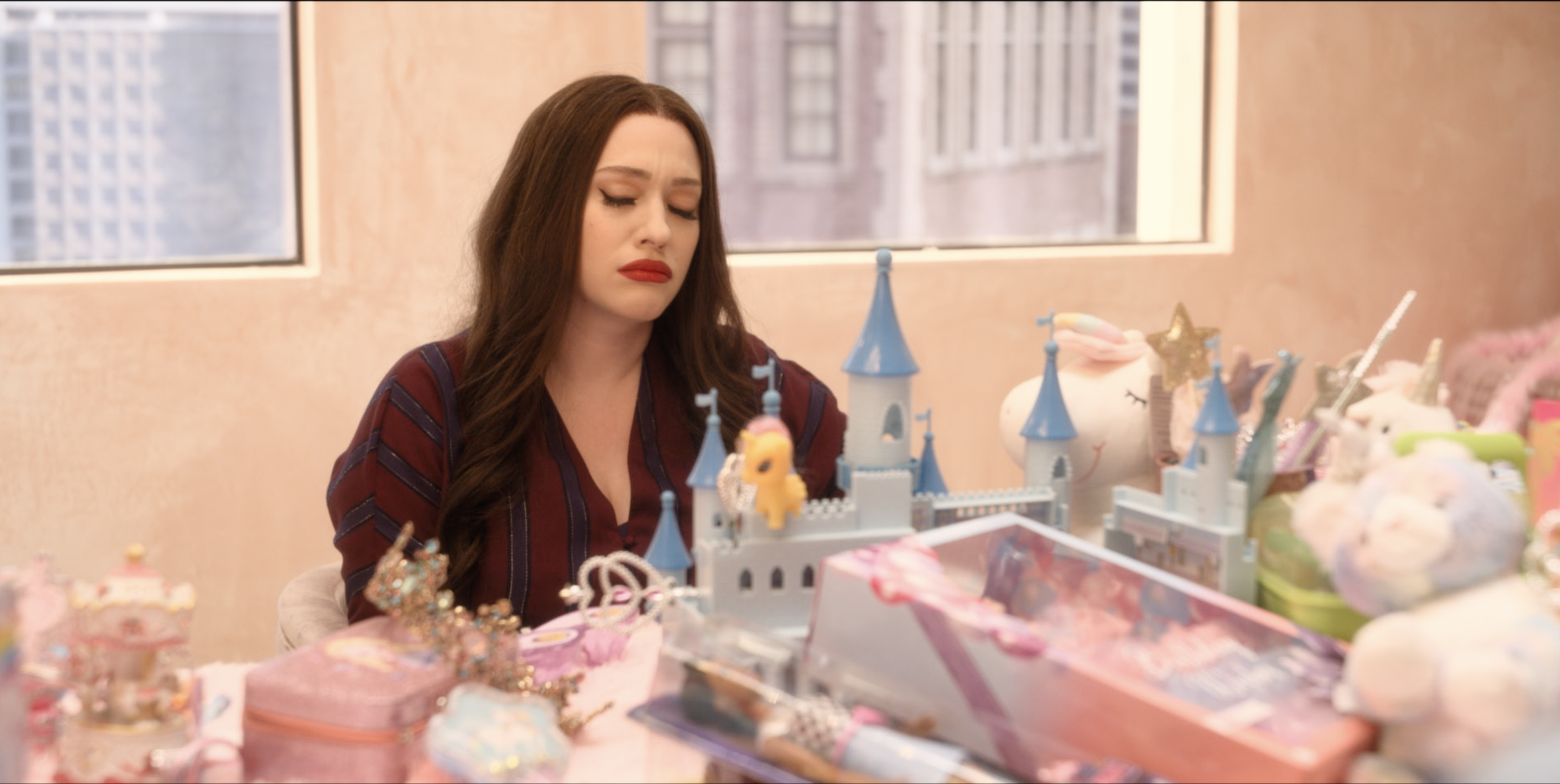Production
My favorite part of the circus.
The Shoot Day
All manner of ways it can go down, but here’s the ideal norm:
Safety meeting, every day. Often includes a general run through of the day.
Fire safety, covid safety, bathrooms, smoking area, do not enter zones, etc.
Blocking rehearsal #1 with:
Actors, director, DP, AD
Marking rehearsal/ Crew rehearsal with ACs, grip & electric, Second team, PAs, camera operators
What shots will we need?
What order will we shoot them in?
Standard:
Wide
Medium
Close up
FLIP THE WORLD
Medium
Close up
Actors go to wardrobe (costume), hair & make up
Lighting and camera take over
Lighting first
Furniture moves
Camera takes position (lay track, multiple positions placed)
Working with Second team and the trappings of second team rehearsals
Lighting and camera take over
First team comes in
Ideally rehearse, but often straight to shooting, which first includes last looks
Often drives me nuts because AD is trying to get it moving asap, but I am getting my first look at it with first team..
Quiet on the set, Roll sound,“Speeding,” Camera, “set” and… ACTION… CUT
Tweaks, adjustments. Ideally tiny, but often it is not: Problems with blocking, camera moves, boom shadows, hair and makeup: Kat Dennings eyelashes.
Actors
How/When to talk to actors.
Feel out directors first
Don’t let your work hinder their performance
Off camera activity (phones!)
Gauge how much they have coming at them at any time. Also gauge their ability to take in information (same goes for directors)
People don’t treat actors the same as others. You can see how they get detached. An actor’s attention can feel like sunshine. It can be addictive. Resist your own cravings for attention.
Pay attention to everyone, but especially your actors.
A lot comes at them and they dictate much of how your project will be.
Some actors can’t handle a large load of lines. Some are unprepared. Some get too in their head. Sometimes you have to scrap planned shots.
Some actors – these tend to be the more experienced – have a feel for finding their light. Some actors don't. It's important to get a sense of that so you can adjust as a shoot goes on. There's no reason to be battling the current.
I tend, much to the chagrin of my ACs, to not make my actors hit strict marks if I don’t have to.
On Set Challenges
Actors don’t know their lines well enough, so planned shots have to be scrapped.
Stepping Up a Level
Being intimidated by crew, being intimidated by equipment.
Ultimately, you are still navigating humans and if you can have a decent handle on your theoretical approaches, that is what you need. Techno crane, huge lights, etc.
Navigating problematic people/ coworkers.
Trust that over the long haul, your work ethic will speak for itself and slimy people will be exposed.
In the Vault. Big step up for me. Big set, darker look, challenging shots, coverage and talented director.
In the Vault, Day one, Toby (producer I love) came up and expressed concern about a lighting style. The gaffer bristled and I just said, “Let’s kill it” and moved on. It’s a marathon. Choose your battles.
In the Vault, big dialogue scene wasn’t working and I wasn’t sure why. I started to get nervous and, what’s worse, I could sense that the director was, too. I was struggling to find the look, then I figured it out. It clicked for me with one simple shot.
Lean on others. Include them. Sometimes people will try to dominate.
Problematic Gaffer making a scene in front of crew. I pulled him aside.
I was called about him and had to really decide how to reply.
He left the industry.
Leading a Team
Story of Line Producer vs Me
Stood up for G&E, then they dedicated to me in a way I hadn’t experienced before
Meditation
That moment between something happening and your reaction. Meditation stretches that moment out.
10 10 10 rule (I’m new to this)
Will you care about this in 10 years? 10 months? 10 days?
If not, let it go.
Perspective is key. Always.
Blowing up at someone has almost entirely negative effects
Train yourself to stay calm
Play the long game
Health
There is no filmmaking tool more valuable and more important than your brain. Your brain is part of your physical self. Take care of your most important tool.
Age.
I am capable of entirely different things at my age now, for both better and worse.
If you are young, take advantage. Sleep on floors, take the rougher jobs. The older you get, the less energy and desire (and, I would argue, ability) you will have for more barebones jobs.
Hours
Count on 13 hours on set
Doesn’t include driving either way
Doesn’t include wind down
Doesn’t include morning meals or wake up time (Maya needs 2 hours before humans. I am starting to agree)
Marathon, not a sprint
HYDRATE
Sleep
Lack of sleep:
reduces a person’s attention
Reduces learning and processing
Hinders working memory, which is necessary to remember things for immediate use
It diminishes placekeeping, which includes the ability to carry out instructions. Motor skills, keeping rhythm, and even some types of speech are worsened without proper sleep
Hinders cognitive flexibility, reducing the ability to adapt and thrive in uncertain or changing circumstances
Creativity is a part of cognition that is harmed by sleep problems. Connecting loosely associated ideas is a hallmark of creativity, and this ability is strengthened by good sleep18. NREM sleep provides an opportunity for information to be restructured and reorganized19 in the brain, while new ideas and links between thoughts often emerge during REM sleep20. These processes enable insight, a core element of innovation and creative problem-solving.
Alters how emotional information is understood. When learning something new, analyzing a problem, or making a decision, recognizing the emotional context is often important. However, insufficient sleep — which frequently affects mood16 — impedes the ability to properly process this emotional component of information. This can lead to blow ups or inappropriate reactions (Play by Play clip of final kiss. I got angry, then teared up because we slightly altered the shots)
Nutrition
Same as sleep. It all affects your energy, cognitive abilities, etc.
On set temptations. They want you to keep moving right now, I want to keep moving three weeks from now. Sugar, Caffeine, etc. are all short terms solutions with negative long term effects
Vegetarians don’t have it great
Some people meal prep
My habits
Hokas
Limited caffeine and Mushroom coffee
“Healthy” energy boosts like green tea, etc.
Avoid sugar
Light on carbs
Healthy protein (chicken, fish, etc)



